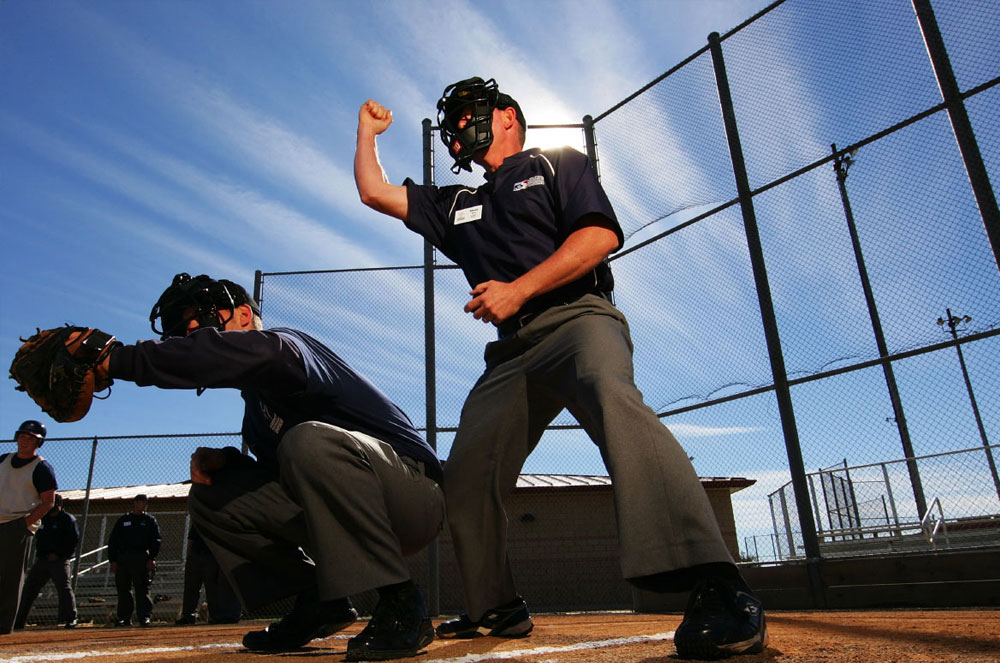Being a baseball catcher is not just about physical skills; it’s also about mental toughness. Behind the mask and chest protector, catchers face unique psychological challenges. From managing pitchers to handling high-pressure situations, the mental aspect of catching is as important as any physical skill. In this guide, we’ll delve into the psychological challenges of the catching position and explore strategies for maintaining composure when the pressure is on.
1. Embrace Leadership
Catchers are often seen as the leaders on the field:
- Command Presence: Carry yourself with confidence and authority, as this will instill confidence in your team.
- Communication: Effective communication with pitchers and the infield is essential for maintaining control of the game.
2. Managing the Pitching Staff
As the catcher, you play a vital role in managing the pitching staff:
- Know Your Pitchers: Understand each pitcher’s strengths, weaknesses, and preferences.
- Pitch Calling: Collaborate with pitchers to call an effective game plan that capitalizes on their strengths.
3. Handling Pressure Situations
Pressure situations are inevitable:
- Stay Calm: Practice techniques like deep breathing and visualization to stay calm in high-pressure moments.
- Routine Focus: Stick to your pre-pitch routine to maintain consistency, even when the game is on the line.
4. Mental Preparation
Mental preparation is crucial:
- Pre-Game Visualization: Mentally rehearse successful plays and situations before the game.
- Focus on the Present: Concentrate on the current pitch or play, rather than dwelling on past mistakes or worrying about the future.
5. Dealing with Mistakes
Mistakes are part of the game:
- Short Memory: Develop the ability to quickly move past mistakes and stay focused on the next play.
- Positive Self-Talk: Replace negative thoughts with positive affirmations to boost confidence.
6. Handling Umpire Calls

Umpire calls can be frustrating:
- Respect: Maintain a respectful and professional demeanor when discussing calls with umpires.
- Control the Controllable: Focus on what you can control, such as your performance and your team’s strategy.
7. Visualize Success
Visualization is a powerful mental tool:
- Positive Imagery: Picture yourself making successful plays and handling pressure situations with poise.
- Mental Rehearsal: Use visualization to mentally rehearse challenging scenarios and your desired responses.
8. Managing Fatigue
Catching can be physically demanding:
- Physical Conditioning: Maintain top physical condition to reduce fatigue and stay mentally sharp.
- Rest and Recovery: Prioritize rest and recovery to avoid mental and physical burnout.
9. Stay Positive and Motivated
Maintaining a positive mindset is crucial:
- Goal Setting: Set clear, achievable goals to stay motivated and focused.
- Stay in the Moment: Enjoy the game and focus on the joy of playing, even in challenging situations.
10. Seek Support
Don’t hesitate to seek support when needed:
- Talk to Coaches: Communicate with coaches about any mental challenges you’re facing.
- Teammates and Peers: Share experiences and advice with teammates or peers who have faced similar challenges.
11. Reflect and Learn
After each game, reflect on your performance:
- Self-Assessment: Identify areas for improvement, both physically and mentally.
- Continuous Growth: Embrace a growth mindset and commit to ongoing mental development.
12. Self-Compassion
Be kind to yourself:
- Forgive Mistakes: Understand that everyone makes mistakes and use them as opportunities for growth.
- Self-Care: Prioritize self-care, including physical and mental well-being.
Mental toughness is a skill that can be developed and refined over time. As a catcher, your ability to navigate pressure, stay composed, and lead your team can have a significant impact on your success and the success of your team. By incorporating these mental strategies into your training and game preparation, you can become a catcher who not only excels physically but also thrives in high-pressure situations, earning the respect and admiration of your teammates and coaches.
